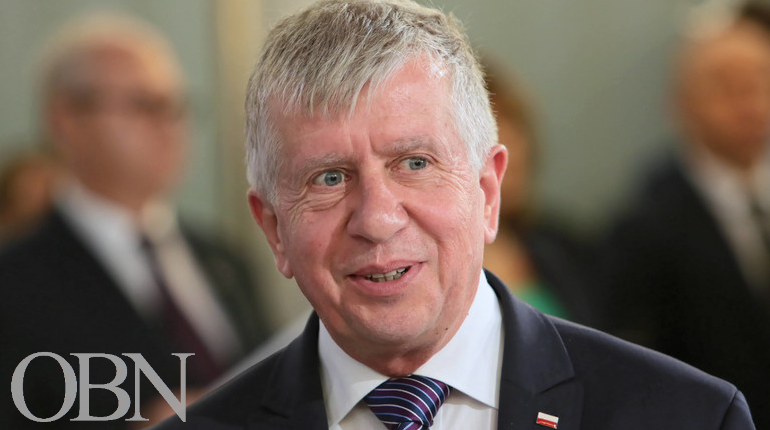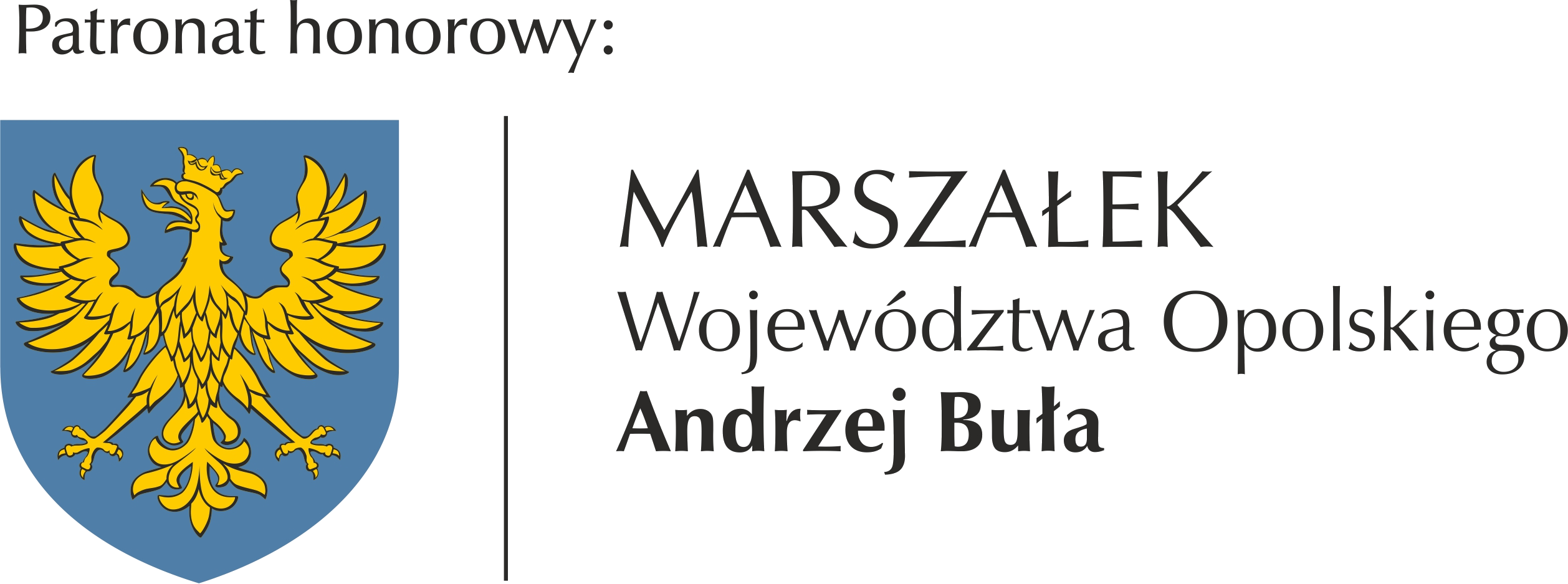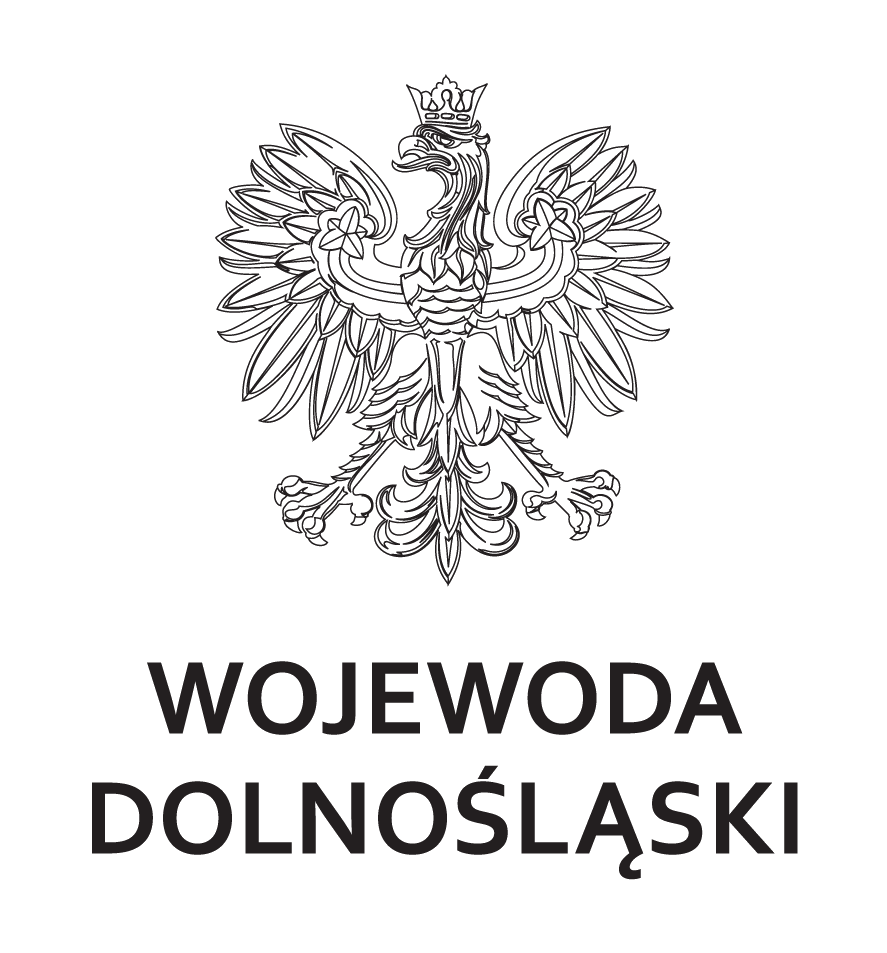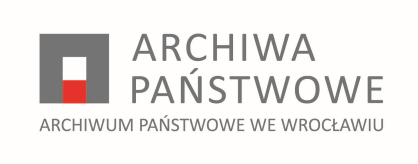The International Commission of Military History Congress
Defence of the borders in military history
XLVII Congress of ICMH
28th August-2nd September 2022, Wrocław-Opole, Poland
The closest, XLVII congress of ICMH will be held in Poland from 28th Auust to 2nd September 2022. The congress will be organized through: Polish Commission of Military History of the Polish Committee of Historical Science; Department of History – University of Wrocław, Department of History – University of Opole, General Tadeusz Kościuszko Military University of Land Forces in Wrocław, Polish Historical Society. Patronage over the XLVII Congress of ICMH took:

The Chairman Committee on National Defence of the Polish Sejm Mr. Michał Jach.

The Marshal of the Opolskie Voivodeship Mr. Andrzej Buła.

The Marshal of the Dolnośląskie Voivodeship Mr Cezary PRZYBYLSKI.

The Dolnośląski Voivode Mr Jarosław OBREMSKI

We are pleased to announce that the following have joined the group of partner institutions supporting the congress.
Main topic
The theme of the Congress will be: The Defense of Borders in Military History, from the Middle Ages to the Present Day. Since ancient times, the defense of borders was the primary responsibility of every state and its armed forces. Various doctrines have been developed globally on methods to protect borders in times of peace and how to effectively defend them in times of war. For this purpose, various types of defensive structures were erected, which includes forts, castles, and fortresses, as well as extended defensive lines. Their size and importance are welldemonstrated by the fact that, despite the passage of time, the remains of the Roman limes are still visible today. Castles and fortresses are an important element of the historical landscape of all European and many Asian countries. Entire armies were sent to defend the borders, whereas special units were established in many countries to secure the borders in times of peace. In Poland, permanent units of this type were established as early as the 1630s. Between World War I and World War II, moreover, the formations of the Border Guard and the Border Protection Corps constituted an important part of the Polish armed forces. Even today, as the events of recent years and even months have shown, the protection and defense of borders is extremely important.
The following topics are suitable for further examination and paper presentations during the Congress:
• Military doctrines concerning the protection and defense of borders.
• Structures to defend borders: forts, castles, fortresses, fortress systems, defensive lines.
• The great defensive lines, from the Roman limes to the Maginot, Siegfried, and Stalin Lines. • Special armed forces units that were created to protect the borders.
• Border protection in international law.
• Alliances and agreements created for the purpose of border protection and defense.
• The importance of border protection in the policies of states.
• Border wars.
In close cooperation with the ICMH Bibliography, Archives, and Education Committees, additional archival and educational committees, sessions, and panels will be organized for military archives and auxiliary sciences in military history, as well as for historical education. Also, if such a proposal appears, there will be a special conference panel for young researchers.
Locations
The congress sessions will be held both in Wrocław and, on a chosen day, in Opole. There will be no need to change the place of residence for the participants of the congress, because Opole is only 90 km away from Wrocław, and thanks to the motorway, the journey between these cities takes about 90 minutes. The session in Opole is scheduled for September 1st and afterwards, we will return to Wrocław the same evening.
The inaugural and closing sessions of the congress are planned to be held in Wrocław. We would like to hold the first of them in one of the rooms in the main building of the University of Wrocław, which is considered to be a pearl of the Silesian Baroque.
Thanks to this solution, participants of the congress will have an opportunity to become acquainted with two cities with a long, interesting history with numerous monuments and museums. Both are historical and modern administrative centres of Silesia, although there is a considerable difference between them in terms of their size and the number of inhabitants. Wrocław covers an area of nearly 300 km2 and, according to unofficial estimates, there are more than 900,000 people living in the city proper, and 1.25 million people living in the entire agglomeration. Opole occupies an area half the size and has 125,000 inhabitants. The history of both of these cities dates back to the 9th century, both have interesting old towns, which includes particularly interesting buildings such as town halls – one in Wrocław with a medieval history, and the neo-Renaissance one in Opole. The most valuable monuments in both cities are churches, especially cathedrals.
Participants of the Congress can travel to Wrocław by plane, train or car. Wrocław Airport, which is located 10 km from the city centre, has permanent mergers with Warsaw, Munich, Frankfurt and Amsterdam (LOT, Lufthansa and KLM). In chosen weekdays they are interfacing carried with cities of other European countries (Ryanair, Wizzair). You can also fly to Warsaw airports and come to Wrocław by train. The journey from Warsaw to Wrocła by Express train takes about 4 hours. The main railway station is Wrocław Central Station to the south of the city center. The main east-west A4 motorway runs south of the city and connecting it with Berlin and Dresden in the west and Katowice in the east; two other motorway S5 and S8 run in the direction of Poznań and Warsaw.
